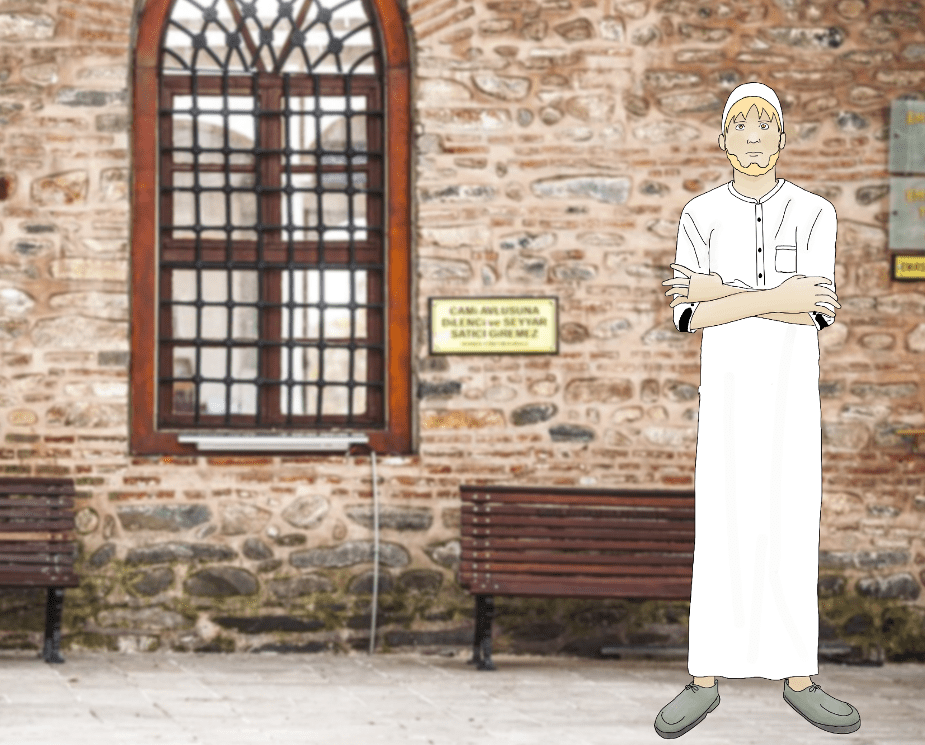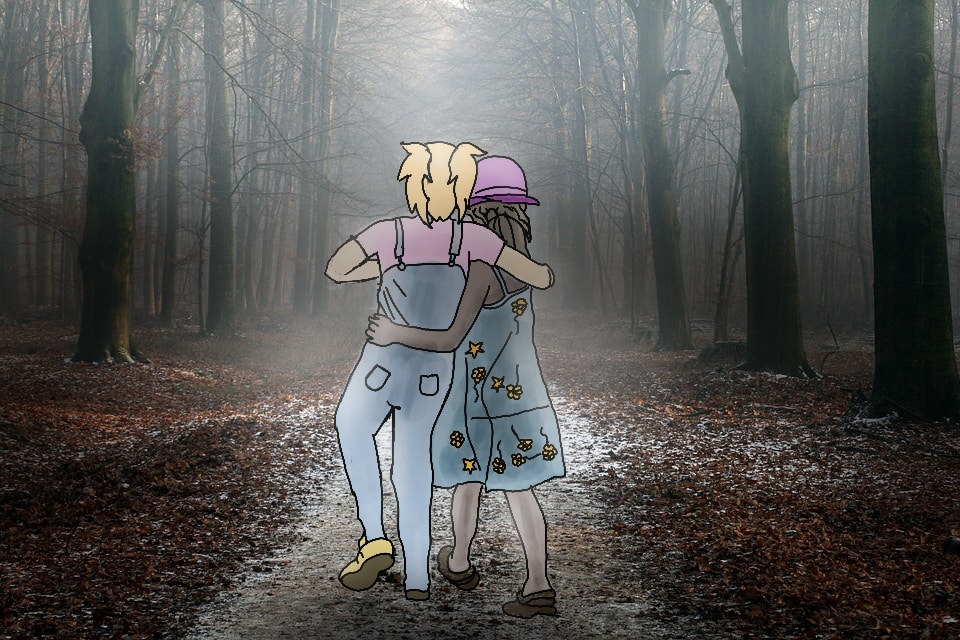
|
 |
 |
|
 |
No one is born hating another person because of the color of his skin, or his background, or his religion. People must learn to hate, and if they can learn to hate, they can be taught to love, for love comes more naturally to the human heart than its opposite, Nelson Mandela.


Firstly, try to resolve the issue directly with the other party involved. Calm yourself down and try to sort out the matter informally. Try to find a solution through effective and assertive communication.
Secondly, if you and the other party are unable to resolve it, try to get someone else to help you sort it out (mediation). Look for someone who can mediate between the two parties, for instance, friends, colleagues, teachers, or the headmaster.
Thirdly, find information and support to defend your rights, such as the Equality and Human Rights Comission: “We have a statutory remit to promote and monitor human rights; and to protect, enforce and promote equality across the nine “protected” grounds - age, disability, gender, race, religion and belief, pregnancy and maternity, marriage and civil partnership, sexual orientation and gender reassignment.”
Finally, when you have exhausted all possibilities, make a claim in a court or tribunal. You should gather sufficient evidence and information before you make a complaint and make sure that you have actually been a victim of discrimination.
Take a step back, give yourself time to calm down, look at the situation from a broader perspective and a less emotional viewpoint. Have you really been discriminated against? Have you jumped into conclusions or prematurely judged someone and then found out that you were wrong?
Be aware!, it is very important that you understand that there might be negative consequences if you report discrimination, and therefore, you should evaluate these risks before you take any further actions, and yet do not allow anyone to neglect, abuse or violate your rights.